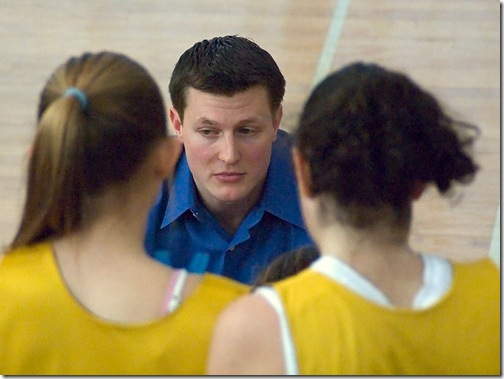Leveraging The Power of the First Impression Helps You Win The Interview
First impressions are so important in the initial meeting that one would not be too far off base if they argued the most important part of the interview. First impressions set the tone for the interview and often determine the types of questions, length of the interview, and ultimately the outcome. Making a strong first impression is often the deciding factor in who makes it to the next round. If the candidate makes a strong first impression they are immediately liked by the interviewer. This candidate just moved up the point scale towards the next round and they haven’t even been asked one question. On the other hand, if the candidate makes a weak first impression, the candidate starts out in the hole. This hole if often so deep that no matter how well they answer the questions, the interviewer cannot overcome their first impression. In fact, they may have decided right in the lobby that this person isn’t getting the job.
Tips to making a strong first impression:
· Good eye contact.
· Remain a comfortable distance from the person.
· Firm handshake – even if you think you have one ask someone who will be open and honest. Many don’t, so don’t assume you do.
· Strong introduction coupled with a smile, a strong handshake and eye contact. Practice this introduction.
· Have a couple of conversational questions prepared in advance to engage the interviewer.
· The most important of all are the four “A’s.” A VP of HR at Rockwell Corporation gave us these. They are so important more than 25 years later we still remember them.
- Appearance
- Articulate
- Affable
- Assertive
Bring these four to the first impression and you will move up the scale – not down.
Study after study reveals that likability is the single most important factor used when determining who ultimately gets the job. Underestimating this is a failure of many candidates. Those that make a strong first impression will often do better in an interview than candidates with better experience.
Join our Job Search Networking Linkedin Group. There are over 2700 members and an extensive supply of resources for you to tap into. CLICK HERE to join. Membership is FREE.
We have numerous free downloads on our Web site to help you in your search. Sample cover letters, audio downloads from past radio shows,a transferable skills list, Linkedin Profile Assessment Matrix, and our Job Search Self-Assessment Scorecard. All can be downloaded from our homepage at www.impacthiringsolutions.com.
Every Monday at 11 AM Pacific time listen to our radio show anywhere in the world on www.latalkradio.com channel 2.
I welcome your comments and thoughts
Brad Remillard









